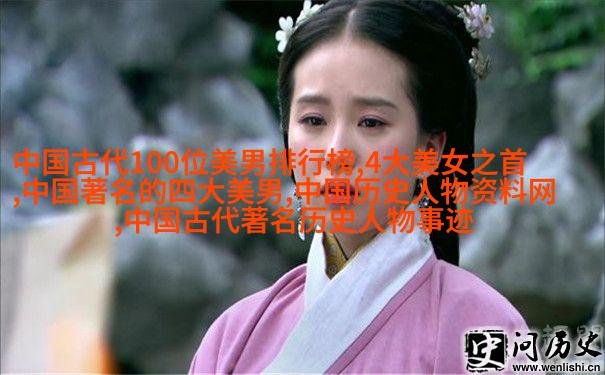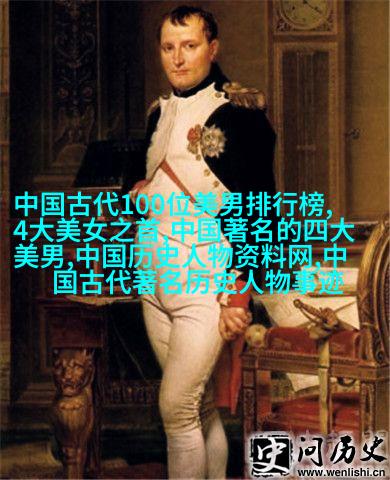探究中国历史上的改革先行者魏征的一生和影响力
In the vast and complex history of China, there have been countless individuals who played crucial roles in shaping the country's destiny. Among them, one figure stands out for his unwavering commitment to reform and his unrelenting pursuit of justice: Wei Zheng (580-643 CE), a statesman and historian who lived during the Tang Dynasty.

Wei Zheng was born into a humble family in modern-day Henan Province. Despite his modest beginnings, he demonstrated exceptional intelligence and a strong sense of morality from an early age. He passed the imperial examination at the age of 25 and became known for his integrity, honesty, and fairness.
As a government official, Wei Zheng served under several emperors, including Emperor Taizong (r. 626-649 CE) and Emperor Gaozong (r. 650-683 CE). During this time, he earned a reputation as a fierce critic of corruption and injustice within the bureaucracy. His fearless attitude towards powerful officials made him many enemies but also won him respect from those who valued truth over power.

One of Wei Zheng's most notable contributions to Chinese history is his role as an advisor to Emperor Taizong. The emperor sought advice on how to rule effectively after ascending to the throne following years of civil war that had ravaged China. Wei Zheng proposed several reforms aimed at strengthening central authority while promoting social stability through education and meritocracy.
However, not everyone was pleased with these proposals or with Wei Zheng himself for daring to speak truthfully about issues like nepotism within court circles or corrupt practices among high-ranking officials like Prime Minister Li Jingxiang () who held significant influence during this period.

Despite facing opposition from entrenched interests within the palace walls as well as outside it - such resistance came mainly due to fear by some members of potential changes which might disrupt their status quo., he continued advocating for change until death took him away prematurely when just barely fifty-five years old due largely because "he could not bear any more" political infighting; hence making way for others like Confucius' teachings being embraced by future generations even if they did not fully understand its true meaning yet still trying hard enough while keeping themselves safe so long as they were honest enough despite all odds against them!
Throughout much life experience garnered throughout various career stages spanning decades across different dynasties (), there existed numerous instances where courageously speaking out against wrongs led people down paths toward improvement though never forgetting lessons learned along journey undertaken together!




